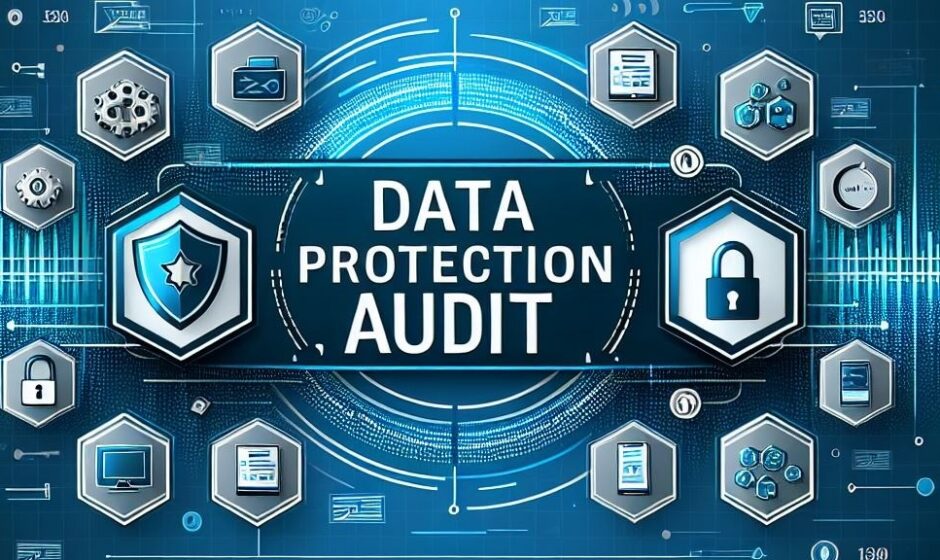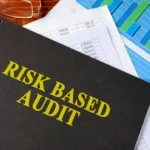In today’s digital world, data privacy has emerged as a critical issue for businesses and consumers alike. With companies collecting vast amounts of personal information—ranging from names and addresses to sensitive financial and health data—the need to protect this information has never been greater. Enter compliance audits, a vital tool for ensuring that organizations adhere to the growing web of data privacy regulations. But why are these audits so essential in the current landscape? This blog explores their importance and offers practical insights for businesses aiming to stay compliant.
Understanding Data Privacy Regulations
The explosion of digital technologies and online services has fueled an unprecedented rise in personal data collection. As a result, governments worldwide have introduced stringent data privacy laws to safeguard individuals’ information. Some of the most prominent regulations include:
- General Data Protection Regulation (GDPR): Enforced in the European Union, it sets a high standard for data protection.
- California Consumer Privacy Act (CCPA): A landmark law in the U.S. giving consumers more control over their data.
- Personal Information Protection and Electronic Documents Act (PIPEDA): Canada’s framework for protecting personal information in the private sector.
- Digital Personal Data Protection Act (DPDPA) 2023: India’s data privacy framework has evolved significantly with the introduction of the Digital Personal Data Protection Act (DPDPA) 2023, marking the country’s first comprehensive law to safeguard personal data in a rapidly digitizing economy.
These regulations outline strict requirements for how companies must collect, process, and secure personal data, including obtaining consent, ensuring transparency, and implementing robust security measures. Failing to comply can lead to severe consequences, making compliance audits a critical safeguard.
Why Compliance Audits Matter
Compliance audits are systematic reviews of a company’s policies, procedures, and practices to ensure alignment with applicable laws and regulations. In the context of data privacy, they are indispensable for several reasons:
1. Avoiding Hefty Fines and Legal Risks
Non-compliance with data privacy laws can result in significant financial penalties. For instance, the GDPR allows fines of up to 4% of a company’s annual global turnover or €20 million (whichever is greater) for serious breaches. Compliance audits help identify and address vulnerabilities before they escalate into costly violations or lawsuits.
2. Safeguarding Your Reputation
In an age where news spreads instantly, a data breach or privacy scandal can devastate a company’s brand. Regular audits signal to customers that your business takes data protection seriously, fostering trust and loyalty.
3. Keeping Up with Evolving Regulations
Data privacy laws are not static—they evolve with technological advancements and societal demands. What was compliant yesterday may not be today. Compliance audits ensure your practices remain current, preventing unexpected regulatory gaps.
4. Enhancing Data Management Practices
Audits go beyond mere compliance; they can reveal inefficiencies in how data is collected, stored, and used. By addressing these issues, companies can streamline operations, improve data governance, and even reduce costs.
5. Demonstrating Accountability
Many regulations require businesses to prove they are proactively protecting personal data. Compliance audits provide documented evidence of your efforts, which can be invaluable during regulatory investigations.
How Compliance Audits Are Conducted
So, what does a compliance audit entail in the realm of data privacy? Typically, it involves a multi-faceted approach:
- Document Reviews: Auditors examine privacy policies, consent forms, and data processing agreements to ensure they meet legal standards.
- Interviews: Key personnel are questioned to assess how data handling practices are implemented.
- Technical Assessments: Systems are tested for vulnerabilities, such as inadequate security measures or susceptibility to cyberattacks.
Audits can be performed internally by a company’s own team or externally by independent third-party experts. Some businesses also opt for specialized assessments, like Privacy Impact Assessments (PIAs) or certification under standards such as ISO 27701, to further bolster their privacy efforts.
Real-World Lessons: The Cost of Non-Compliance
The consequences of neglecting compliance audits are starkly illustrated by real-world examples:
- Facebook (Meta): In 2019, the U.S. Federal Trade Commission (FTC) imposed a record-breaking $5 billion fine on Facebook for privacy violations linked to the Cambridge Analytica scandal. Thorough audits might have uncovered these issues earlier.
- Marriott International: In 2020, the UK’s Information Commissioner’s Office (ICO) fined Marriott £18.4 million for a data breach that exposed millions of guests’ personal data. The ICO cited inadequate security measures—something a compliance audit could have flagged.
These cases highlight the financial and reputational toll of non-compliance, underscoring the value of proactive auditing.
Compliance Audits: A Continuous Commitment
Compliance audits are not a one-and-done task. To remain effective, they must be part of an ongoing strategy:
- Set a Regular Schedule: Conduct audits annually or after significant changes to data practices or regulations.
- Act Swiftly on Findings: Address any identified issues promptly to mitigate risks.
- Stay Informed: Monitor updates to data privacy laws and adjust your practices accordingly.
By making audits a routine process, companies can maintain a strong defense against regulatory and data-related challenges.
Take Action Today
If your organization hasn’t yet embraced regular compliance audits, now is the time to act. Here’s a simple roadmap to get started:
- Evaluate Your Current State: Partner with a qualified auditor or consulting firm to assess your data privacy practices.
- Pinpoint Weaknesses: Use audit findings to identify gaps in compliance or security.
- Implement Solutions: Update policies, train staff, and strengthen systems as needed.
- Maintain Vigilance: Establish a schedule for ongoing audits and keep abreast of regulatory changes.
The investment in a compliance audit pales in comparison to the potential costs of fines, legal battles, or reputational damage.
Final Thoughts
In the age of data privacy regulations, compliance audits are more than a regulatory checkbox—they are a strategic necessity. They help businesses avoid crippling fines, protect their reputation, adapt to changing laws, and optimize data management. As data privacy remains a top priority for consumers and regulators, companies that prioritize compliance audits will not only survive but thrive in this heavily regulated environment.
Don’t wait for a crisis to strike. Make compliance audits a cornerstone of your data privacy strategy today.



